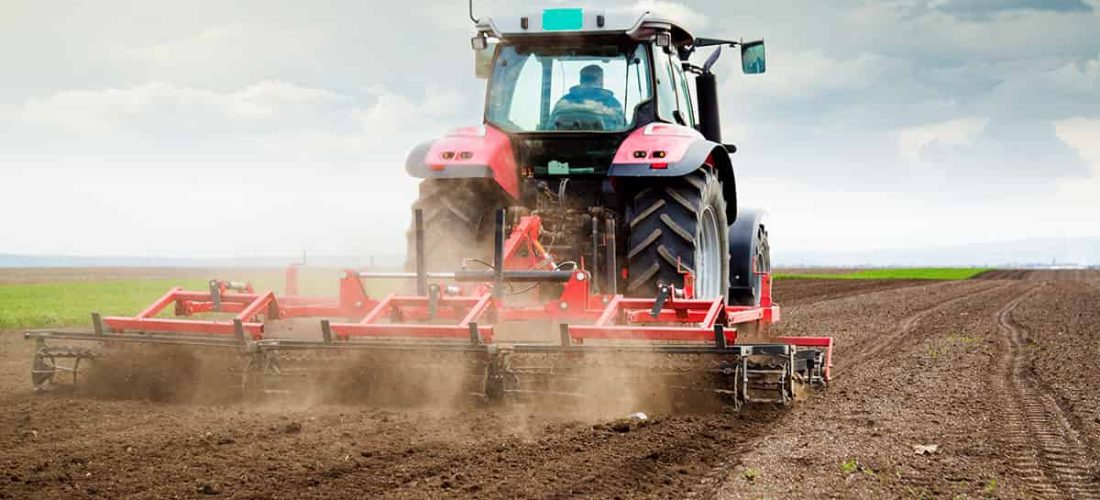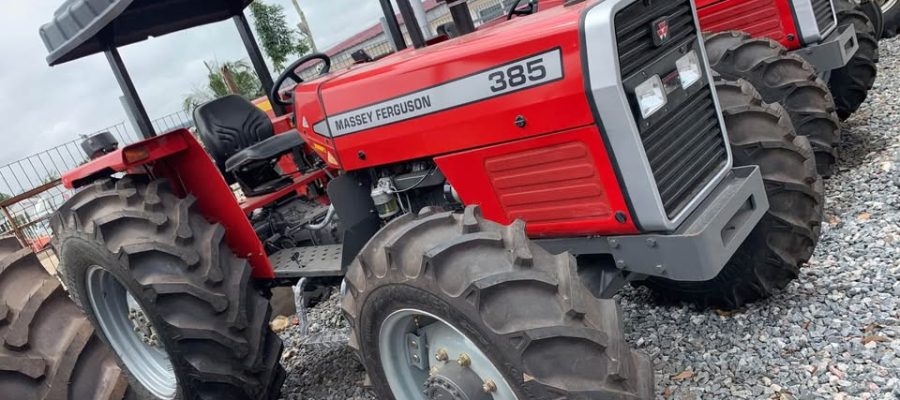
Agriculture is a vital sector in Nigeria, serving as the backbone of the economy. It employs a significant portion of the population and contributes substantially to the country’s GDP. With vast arable land, diverse climates, and a rich farming heritage, Nigeria has the potential to become a global leader in agriculture. However, the sector faces challenges that hinder its growth and productivity.
Key Agricultural Activities in Nigeria
Nigeria’s agricultural sector is diverse, encompassing crop production, livestock farming, forestry, and fisheries. Staple crops such as cassava, maize, rice, and yams dominate the landscape, while cash crops like cocoa, palm oil, and rubber are essential for export. Livestock farming, including cattle, poultry, and goats, plays a crucial role in food security and income generation. Additionally, fisheries and aquaculture contribute significantly to meeting the protein needs of the population.
Challenges Facing Nigerian Agriculture
Despite its importance, agriculture in Nigeria is often plagued by low productivity. This is largely due to outdated farming methods, limited access to modern equipment, and inadequate infrastructure. Smallholder farmers, who make up the majority of the agricultural workforce, often lack the resources to invest in advanced tools and techniques. These challenges have resulted in inefficiencies and a reliance on subsistence farming, limiting the sector’s potential for growth.
The Role of Modern Technology
One of the most effective solutions to these challenges is the integration of modern technology into farming practices. Companies like Massey Ferguson Nigeria are leading this transformation by providing high-quality tractors and farm implements to Nigerian farmers. These machines, ranging from 50 to 85 horsepower, are designed to enhance productivity and reduce labor. By adopting advanced machinery, farmers can increase crop yields, improve efficiency, and save time.
Massey Ferguson: Empowering Nigerian Farmers
Massey Ferguson Nigeria offers a wide range of tractors and equipment tailored to the needs of Nigerian farmers. Popular models like the MF 240, MF 260, and MF 385 are known for their durability, efficiency, and affordability. These tractors are complemented by farm implements such as disc ploughs, bed shape planters, and fodder choppers, which streamline farming operations. The availability of these tools at competitive prices makes modern farming accessible to smallholder farmers, enabling them to transition from subsistence to commercial agriculture.
The Path Forward for Nigerian Agriculture
In addition to mechanization, addressing issues like access to credit, improved irrigation systems, and better storage facilities is crucial for the sector’s growth. Government policies and private sector initiatives must work together to create an enabling environment for farmers. Investments in research and development, extension services, and rural infrastructure are also essential to support sustainable agricultural practices.
Agriculture in Nigeria holds immense potential to drive economic growth, reduce poverty, and ensure food security. By embracing modern technology and addressing systemic challenges, the sector can achieve significant advancements. Companies like Massey Ferguson Nigeria are playing a pivotal role in this transformation, empowering farmers with the tools they need to succeed. With continued investment and innovation, Nigeria’s agricultural sector can become a model for other nations, showcasing the power of technology and collaboration in driving progress.



Post a Comment